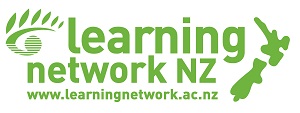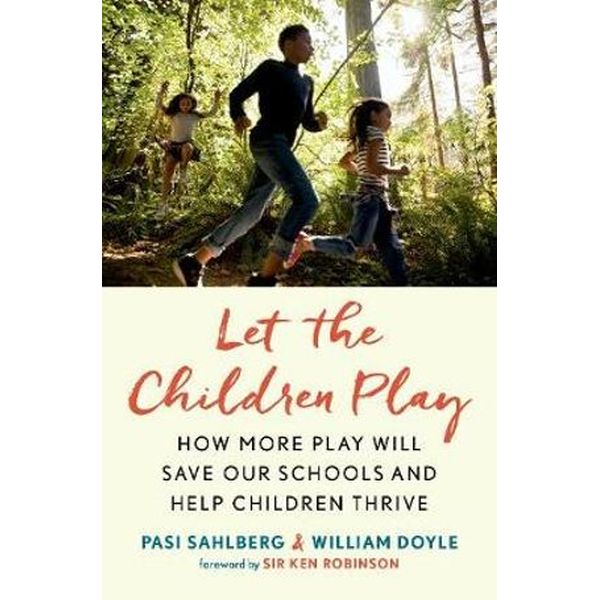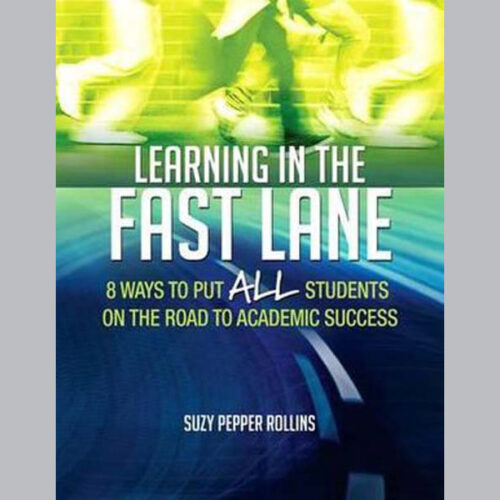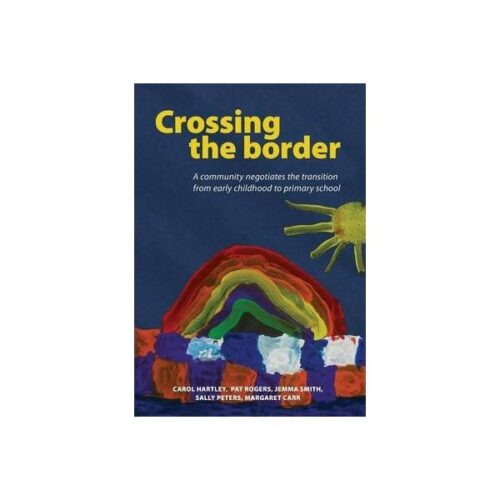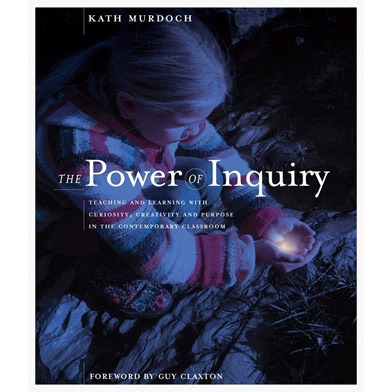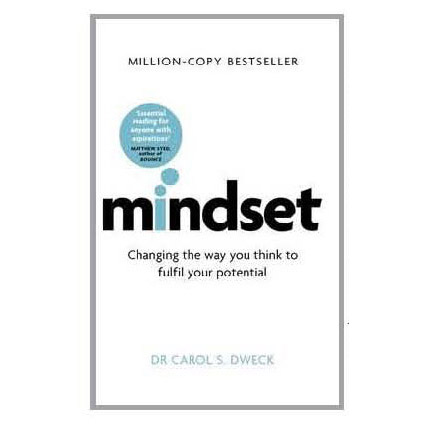Keywords; Pasi Sahlberg, play, learning inquiry
Let the Children Play
$55.00 inc. GST
Description
Why More Play Will Save Our Schools and Help Children Thrive
Play is how children explore, discover, fail, succeed, socialize, and flourish. It is a fundamental element of the human condition. It’s the key to giving schoolchildren skills they need to succeed–skills like creativity, innovation, teamwork, focus, resilience, expressiveness, empathy, concentration, and executive function. Expert organizations such as the American Academy of Pediatrics, the National Academy of Sciences, and the Centers for Disease Control agree that play and physical activity are critical foundations of childhood, academics, and future skills–yet politicians are destroying play in childhood education and replacing it with standardization, stress, and forcible physical restraint, which are which are damaging to learning and corrosive to society.
But this is not the case for hundreds of thousands of lucky children who are enjoying the power of play in schools in China, Texas, Oklahoma, Long Island, Scotland, and in the entire nation of Finland. In Let the Children Play, Pasi Sahlberg, Finnish educator and scholar, and Fulbright Scholar William Doyle make the case for helping schools and children thrive by unleashing the power of play and giving more physical and intellectual play to all schoolchildren.
In the course of writing this book, Sahlberg and Doyle traveled worldwide, reviewed over 700 research studies, and conducted interviews with over 50 of the world’s leading authorities on education. Most intriguingly, Let the Children Play provides a glimpse into the play-based experiments ongoing now all over the world, from rural China, Singapore, and Scotland to North Texas and Oklahoma, as well as the promising results of these bold new approaches. Readers will find the book to be both a call for change and a guide for making that change happen in their own communities.
